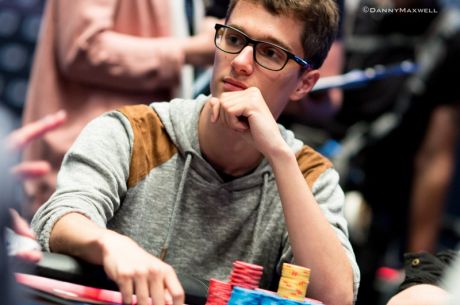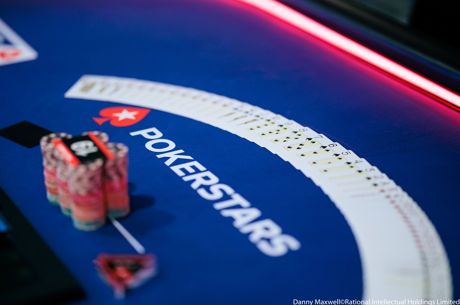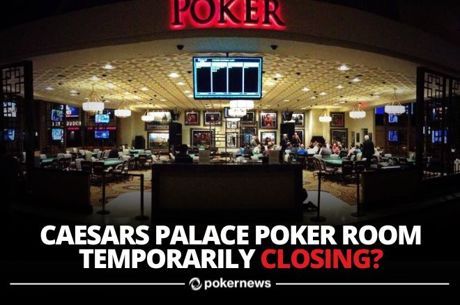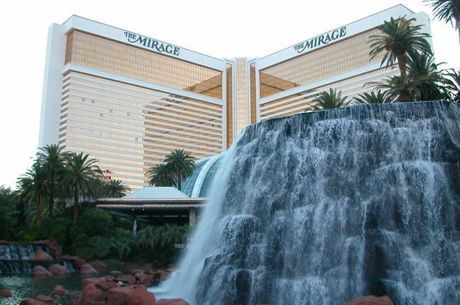Over 200 Gaming Operators Express Interest in Dutch Gaming License

Online gaming operators have declared an overwhelming amount of interest in operating in the Netherlands once online gaming regulation is approved. More than 200 operators have expressed enthusiasm in obtaining operating licenses, according to the annual report of the Dutch Games of Chance Authority (KSA) released in April.
According to a blog written by Richard van Schaik and R��bin de Wit from the international legal firm DLA Piper, the huge amount of interest from gaming operators has sparked questions from members of the country's parliament.
With such a large amount of interest, the parliament is once again debating whether revenue estimates are reliable, and have asked the State Secretary for Security and Justice, Klaas Dijkhoff, to provide new estimates. This goes hand in hand with whether the proposed 20-percent gross revenue tax should still be used within a new regulatory gaming regime.
The tax rate has been a hot topic ever since legislation was initially proposed, since land-based casinos are currently subject to a much higher 29-percent gross revenue tax. It appeared that this issue was put to rest in July 2014, when the Dutch Council of Ministers approved language for the differentiating tax rates.
Despite the approved language, there is still discussion about whether the online tax rate is too low with some suggesting to bring it to the same rate that land-based casinos are currently subject to and others calling for tax rates for both land-based and online operators to meet halfway at around 24- or 25-percent gross revenue tax.
DLA Piper warns that raising the tax rate, even by a small amount, could be detrimental to licensed operators and thus encourage players to play at unlicensed sites. The rationale here is that unlicensed sites would not be paying any tax, thus have less costs going against their bottom lines, enabling them to offer better promotions and a more advantageous cost structure for its players.
It was previously believed that many of the remaining questions were put to rest when Dijkhoff signed off on a lengthy 176-page document in support of passing online gaming regulation, which addressed among other thing concerns about whether the proposed tax rate is adequate.
"It is easy for a player to [find] a better alternative on the Internet," Dijkhoff said last month. "It is therefore necessary that the future licensees [offer] a sufficiently attractive and wide range of games of chance on distance to direct players to create the legal offer."
Photo courtesy of th07.deviantart.net
For news, updates, and more follow PokerNews on Twitter and Facebook.








